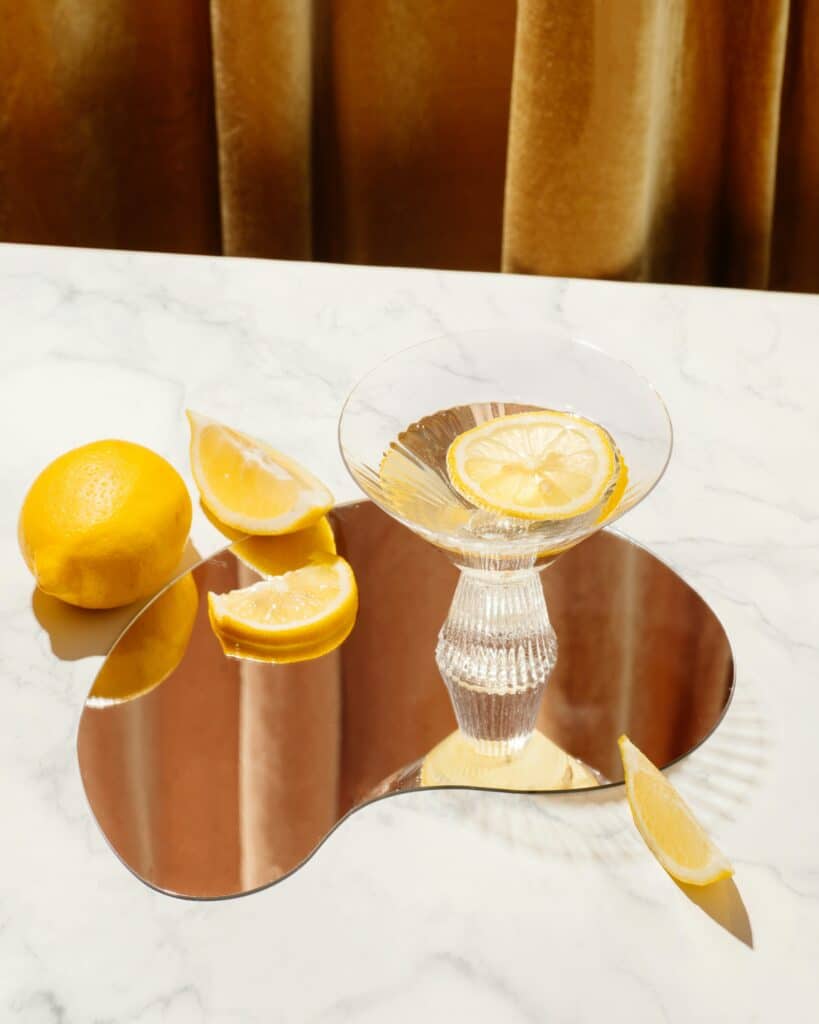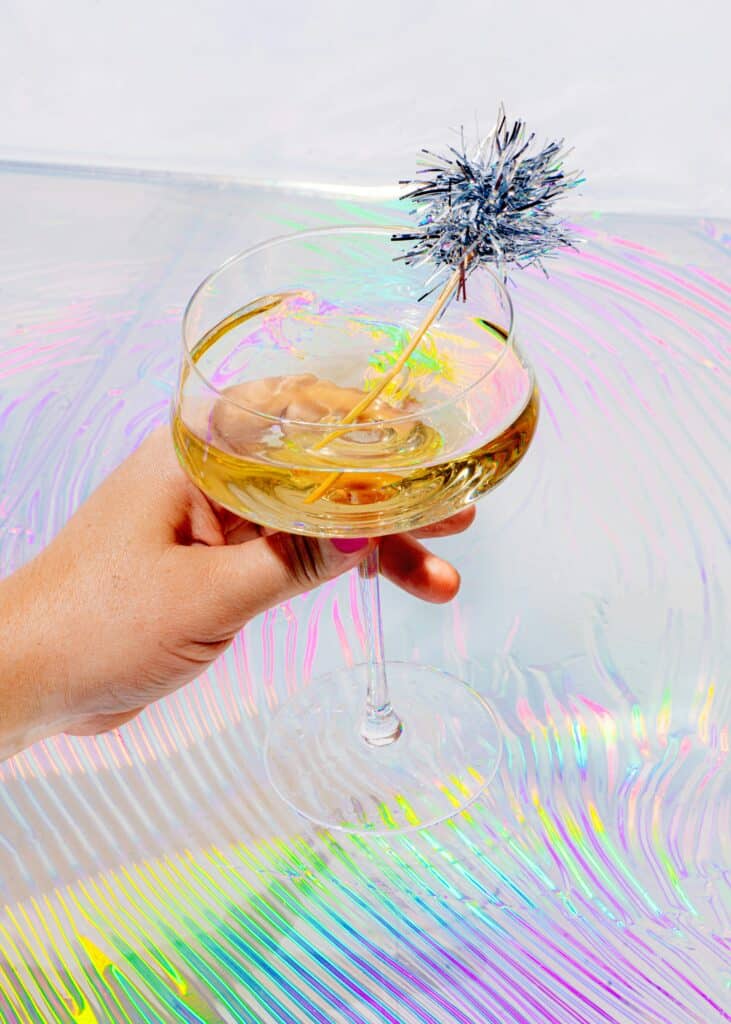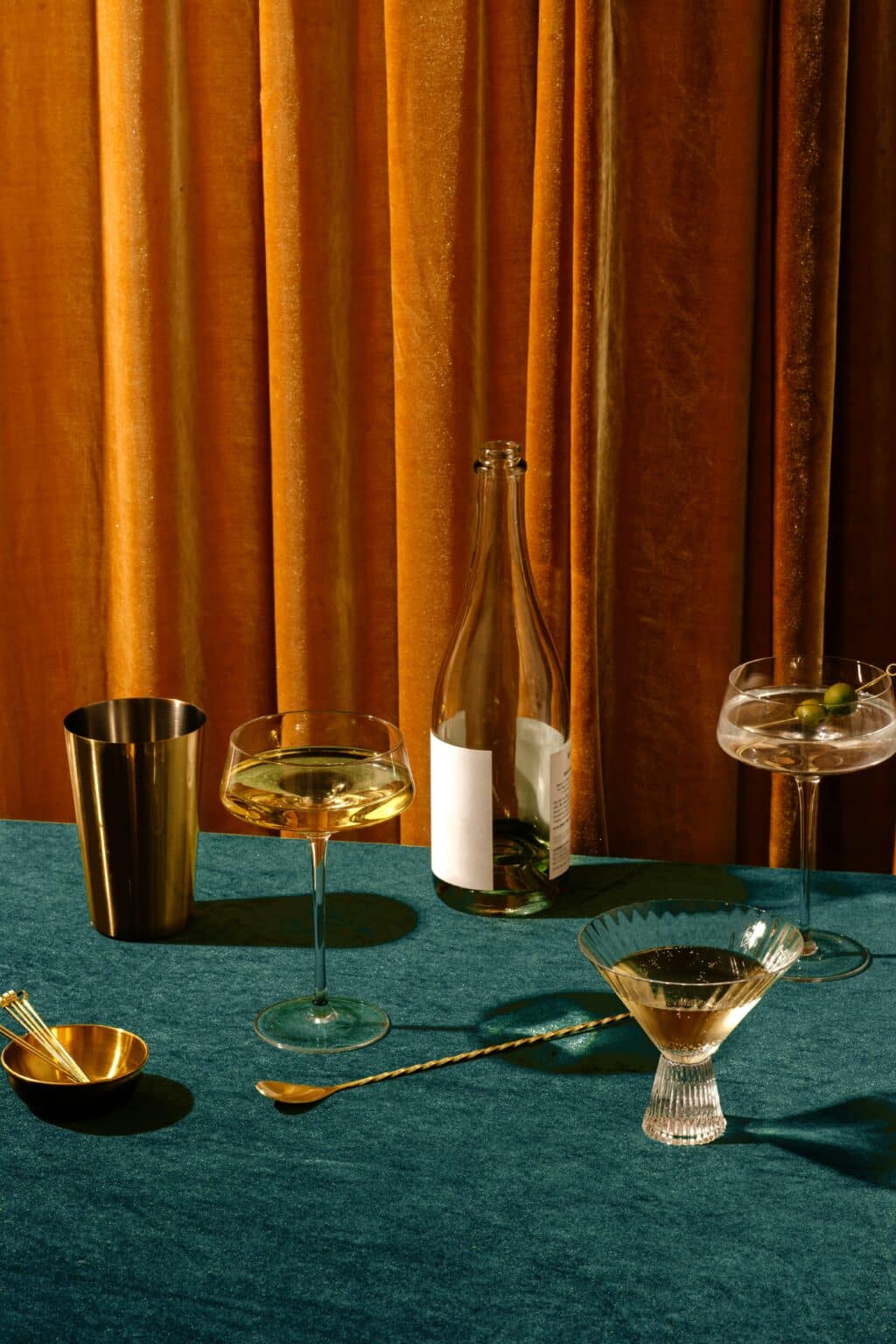Did you know that the aperitif is linked to medical history, colonisation and antiquity? Enjoyed for centuries, the aperitif is a French tradition that brings together all generations. To be enjoyed in moderation, of course.
Afterwork, birthdays, Christmas, holidays, Friday evenings at the seaside, Saturday before a party… There seems to be every reason to have an aperitif. The famous phrase ‘it’s time for an aperitif’ has become part of the French vocabulary. Here’s a look back at the history of these few hours of conviviality and sharing over a drink and a few savoury delights.
The aperitif as a remedy for ailments
The tradition dates back to ancient times. In Roman times, drinking was a way of preparing the body for large banquets. Olivier Poels, in his column Les papilles de la Nation on Europe 1, points out that people ‘drank decoctions of herbs and plants in their own corners. Some even had laxative properties’ in preparation for these stomach-churning feasts. These drinks then became essences made from wine and honey. The word ‘aperitif’ comes from the Latin ‘aperire’, meaning ‘to open’. Opening not a bottle but the pores of the skin to eliminate toxins from the body.
For centuries, aperitifs have been associated with well-being, in the quest for better digestion. When the word appeared in Diderot’s Encyclopaedia in 1751, it was defined as a ‘medicine that opens the pathways of elimination’.

In 1846, the Paris wine and spirits merchant Joseph Dubonnet created a wine to combat malaria. His beverage cured fevers and was exported to North Africa during the African colonial campaigns. The foreign legion, plagued by mosquitoes, drank the aperitif and the military helped to democratise the ritual abroad. Although decoctions of plants and wine tried to improve his Dubonnet Quinquina wine, the taste remained bitter. However, his drink caught on with the general public and paved the way for other aperitifs.

A ritual of sociability
‘In the Middle Ages, people ‘wished each other well’ by raising their glasses of wine. We would clink glasses and wish each other good health. Assuring the other person of our affection and our wish for a long life, in these times of confinement, creates one hell of a dimension of hope’, describes historian Didier Nourrisson on Radio France.
A few decades later, the aperitif became a social ritual. In the 1900s, the elites started drinking. ‘In France, it was the Prince of Wales, the future Edward VII, son of Queen Victoria, who lived in Paris and led a good life with women, tobacco and cocktails, who launched the fashion in high society,’ explains Didier Nourrisson. Everyone copied each other and contributed to the popularity of the aperitif. The alcohols vary from country to country, as does the trend for cocktails in the United States, but everyone seems to enjoy these late-night get-togethers, which are accompanied by dried fruit, savoury cakes, tapas, cold meats, cheese and so on.
These moments of consumption continue to this day, and were even digitalised during the Covid-19 restrictions. More than two-thirds of French people say they enjoy an aperitif at least once a week, according to an Appinio survey for LSA carried out at the end of 2023. For the French, aperitifs are mainly enjoyed with family (76%) and friends (63%), most often at home, either at home or with friends and family (95%), far ahead of bars and restaurants (24%).
Read also: Broths: an increasingly popular French restaurant option
Featured photo : © Unsplash















